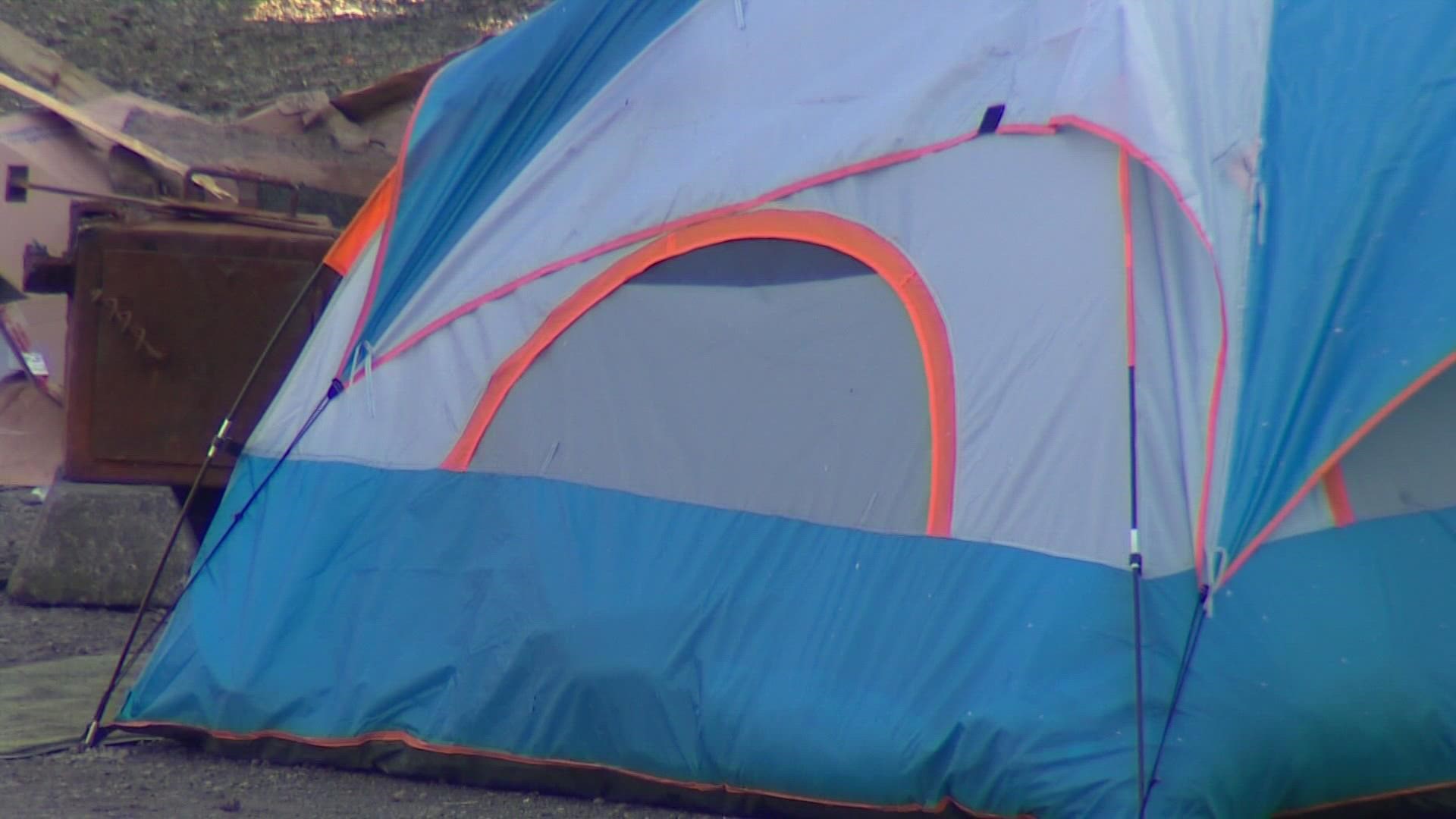SEATTLE — A Washington state judge has struck a Seattle measure on homelessness from the November ballot even as the city remains mired in a long-term humanitarian crisis.
King County Superior Court Judge Catherine Shaffer said Friday she and other voters might like what the measure's proponents are trying to do, but it exceeds what can be accomplished through a local charter amendment.
The so-called “Compassion Seattle” proposal would direct the city to provide 2,000 units of emergency or permanent housing within a year and require the city to ensure parks, playgrounds and sidewalks remain clear of encampments. The judge says it would conflict with state law and usurp the city council's power.
The charter amendment initially made it onto the November ballot after a signature-gathering campaign collected 64,155 signatures, twice the amount required to qualify.
Shortly after, the Washington ACLU filed a lawsuit arguing the amendment was "an illegal use of a local ballot initiative and violates state laws that mandate how local governments make and carry out plans for addressing homelessness.”
Compassion Seattle issued a statement saying the group was "deeply disappointed" by the ruling, arguing it "denied voters the opportunity to have their voices heard on the number one issue facing our city."
"This ruling maintains the status quo, which is obviously not working as evident by the increase in people experiencing homelessness and the encampments taking over our parks and public spaces," the statement reads.
"While we explore our options, we urge the public not to give up the fight. We can still make our voices heard in the elections for Mayor, City Council, and City Attorney. In each race, the difference between the candidates is defined by who supports the Charter Amendment and who does not.”
Breanne Schuster, a staff attorney with the ACLU of Washington said, "We are pleased that [Compassion Seattle] will not stand as an impediment to solutions that meaningfully address our housing crisis and do not punish people for trying to meet their basic life-sustaining needs like shelter, sleep, and food."

